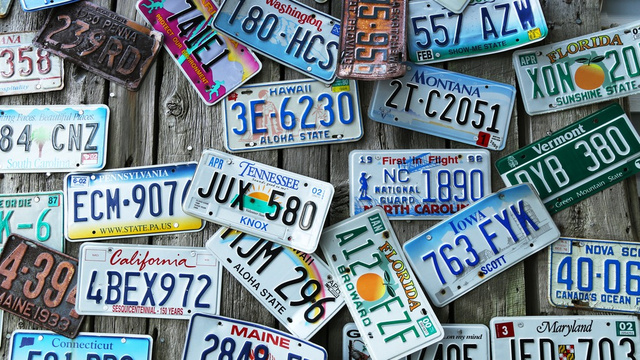Coming not even a month after the official implementation of the Real ID program (which some have likened to a National ID card), The Washington Post has discovered that the Department of Homeland Security in the US is currently working on a National Licence Plate Recognition (NLPR) database. Although from the looks of it, this isn’t just a database — we’re looking at a full-fledged tracking system.
The document that The Washington Post got its hands on (which you can read in full below) details the US government’s request for bids from private contractors, who would be tasked with creating and maintaining the system for DHS. Supposedly, the database would mainly be used as a tool for catching fugitive illegal immigrants. Although considering that DHS intends for the system to draw data from automatic readers that scan the licences of every vehicle in its path, it doesn’t seem at all unlikely that government officials might use the wealth of information for much more.
One of the biggest concerns is that fact that, while the document outlines a myriad of requirements, none of them include guidelines on protecting the licence plate owners’ privacy. As Jennifer Lynch, a staff attorney with the Electronic Frontier Foundation explained to The Washington Post, “Ultimately, you’re creating a national database of location information. When all that data is compiled and aggregated, you can track somebody as they’re going through their life.”
Essentially, all an agent would need to do is snap a photo of a licence plate with his or her phone, go into the database (which would be available 24/7), and compare it against a “hot list” of, presumably, rogue licence plates. What the document doesn’t say, however, is how long DHS plans to store this kind of information.
In an attempt to affirm the data’s security, a rep for the Immigration Customs Enforcement agency stressed to the Post that “this database would be run by a commercial enterprise, and the data would be collected and stored by the commercial enterprise, not the government.” Which — all things considered — is concerning in its own right. [The Washington Post via Consumerist]
Picture: Leonard Zhukovsky/Shutterstock
